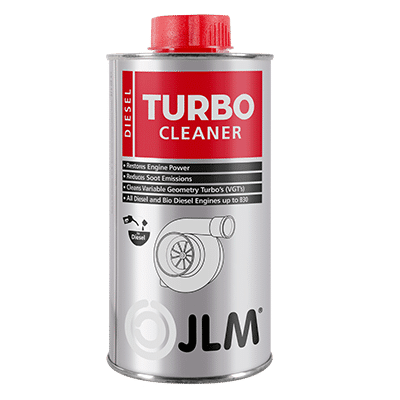The Culprit: Carbon Deposits
Carbon deposits, also known as carbon buildup or carbon fouling, are residues of incomplete combustion that accumulate on various engine components over time. They are primarily composed of carbonaceous materials, including unburned hydrocarbons, soot, and other combustion byproducts. While carbon deposits can form in any internal combustion engine, they are particularly prevalent in modern cars equipped with direct injection systems and turbochargers.
Typical Technical Problems
1. Engine Performance Degradation
One of the most noticeable effects of carbon deposits is a decline in engine performance. These deposits can accumulate on intake valves, throttle bodies, and fuel injectors, impeding airflow and fuel delivery. As a result, the engine may experience symptoms such as decreased power output, rough idling, hesitation during acceleration, and overall sluggishness. Drivers may notice that their vehicle feels less responsive and struggles to perform as it once did.
2. Fuel Economy Reduction
Carbon deposits not only affect engine performance but also impact fuel economy. When deposits obstruct fuel injectors and combustion chamber surfaces, fuel atomization and combustion efficiency are compromised. Consequently, the engine may consume more fuel than necessary to produce the same amount of power, leading to decreased fuel economy and increased operating costs for the vehicle owner.
3. Emissions Increase
In addition to affecting engine performance and fuel economy, carbon deposits can contribute to higher emissions of harmful pollutants. Incomplete combustion caused by deposits can result in elevated levels of carbon monoxide (CO), hydrocarbons (HC), and nitrogen oxides (NOx) in the exhaust gases. This not only jeopardizes air quality but also increases the likelihood of the vehicle failing emissions tests and facing regulatory scrutiny.
4. Engine Knocking and Pinging
Carbon buildup on combustion chamber surfaces can increase the risk of engine knocking and pre-ignition. These abnormal combustion events can lead to engine damage if left unaddressed, potentially necessitating costly repairs or even engine replacement. Ignoring the problem can result in reduced engine reliability and durability, compromising the overall performance and lifespan of the vehicle.
5. Turbocharger and Exhaust System Issues

Turbocharged engines are particularly susceptible to carbon deposits, which can accumulate on turbocharger components such as the turbine blades and wastegate mechanism. These deposits can impair turbocharger efficiency and responsiveness, leading to reduced boost pressure and compromised engine performance. Additionally, deposits in the exhaust system, including the catalytic converter and oxygen sensors, can hinder their functionality, resulting in decreased exhaust treatment efficiency and potential catalyst damage.
6. Idle and Start-Up Problems
Carbon deposits can also affect idle speed control and engine start-up. Deposits on idle air control valves and throttle bodies can disrupt idle stability, causing the engine to idle erratically or stall unexpectedly. Similarly, deposits on fuel injectors can interfere with fuel delivery during engine start-up, resulting in difficulty starting the engine or rough running until it reaches operating temperature.
Prevention and Solutions
Fortunately, there are steps that vehicle owners can take to prevent and address carbon deposit-related issues:
– Regular Maintenance: Follow the manufacturer’s recommended maintenance schedule, including periodic inspections and services such as fuel system cleaning and intake valve cleaning. But since service intervals are becoming longer and longer, we advise to take some preventative measures in between as well via DIY options. JLM offers a range of (DIY and professional) products that will solve light, moderate and severe carbon buildup problems.
– Use High-Quality Fuels and Engine Oils: opt for premium fuels and engine oils that contain detergents and additives designed to minimize deposit formation and maintain engine cleanliness.
– Fuel Additives: Consider using JLM fuel additives formulated to dissolve and remove carbon deposits from the fuel system and combustion chambers. JLM offers a range of fuel additives that can clean up or act as a conditioning and preventative measure.
– Drive Responsibly: Avoid aggressive driving habits that can contribute to accelerated carbon buildup, such as frequent rapid acceleration and deceleration.
– Cool Down Turbocharged Engines: Allow turbocharged engines to idle for a few minutes before shutting them off to prevent oil coking and carbon buildup in the turbocharger.
– Seek Professional Assistance: If you experience persistent issues related to carbon deposits, consult a qualified mechanic or automotive technician for diagnosis and repair.
Conclusion
Carbon deposits may seem like a minor nuisance, but they can have significant repercussions for modern cars, affecting engine performance, emissions, fuel economy, and overall reliability. By understanding the typical technical problems caused by carbon deposits and taking proactive measures to prevent and address them, vehicle owners can ensure that their cars continue to run smoothly and efficiently for years to come. Remember, a little prevention today can save you from costly repairs tomorrow.

